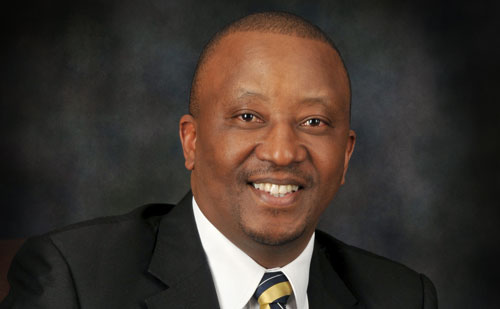
[By Muzi Makhaye]
In recent weeks, it’s been almost impossible not to miss M-Net’s criticism of everything that makes for SA’s broadcast digital migration programme.
M-Net’s calls for a cheap “converter box” to replace set-top boxes in the migration are as absurd as last year’s calls for the Japanese-Brazilian ISDB-T digital broadcasting standard to replace the European DVB-T system in SA.
The converter box will not fulfil the objectives for digital migration. Neither will it replace the set-top box’s functionality. M-Net and its sister company MultiChoice have never used a digital converter in their business and will never do so, so why are they proposing it?
The answer lies somewhere between insatiable corporate greed and obfuscation. It’s probably a bit of both.
For more than a year, the industry fought side-by-side with its colleagues at M-Net/MultiChoice for the retention of DVB-T as the country’s chosen standard and against the imposition of ISDB-T. The Brazilians took full advantage of our dithering and indecision as a country. M-Net/MultiChoice, for all the right reasons, spoke in favour of local manufacturing of set-top boxes. Last month, they began dangling a lousy converter box as a solution over set-top boxes.
M-Net knows that as far back as 2008 (6 August to be precise), cabinet approved the broadcasting digital migration policy and then green-lighted a set-top box manufacturing strategy. The pay-TV broadcaster has had all that time to suggest better technologies — if there were any — but chose to try to scuttle the migration process with its latest posturing.
M-Net’s Karen Willenberg, Orbicom’s Gerhard Petrick and MultiChoice’s Gerdus van Eeden are the proponents of converter boxes and can only succeed in delaying the migration — and that, I submit, is their brief.
M-Net and MultiChoice continue to cast decoys in the migration path. They stifle progress on all the fronts. If it’s not about the multiplex used, it is the conditional access system or the set-top box. The list goes on. With their credibility oozing away, they’d be better advised to ponder this: why should they be taken seriously on matters of digital migration in SA?
Contrary to what M-Net and MultiChoice would have us believe, delays in migration, I submit, have been their doing. Delays serve only their interests and no one else’s.
In the past three years, the public broadcaster, the SABC, has lost viewers every time M-Net/MultiChoice launched a new product targeting lower-end LSM viewers. The one saviour the SABC has is digital television, with its multi-channel offerings. That’s what the pay-TV guys in Randburg dread.
M-Net’s double-speak disqualifies the company from pronouncing credibly on how little time there is for manufacturers to produce the set-top boxes.
After making its preference for converter boxes over set-top boxes clear, I don’t trust them to represent the manufacturers. As such, M-Net must rather leave set-top manufacturing issues to the manufacturers and their customers.
After all, the manufacturers have always represented themselves well on these issues. We don’t want our desperate circumstances to be cannon fodder for M-Net/MultiChoice’s ill motives.
To assert, as M-Net’s Willenberg does, that South Africans would be forever tied to technology that will become outdated is mischievous and a distortion of the facts.
The best way M-Net could contribute to digital migration would be by being more cooperative with the wider industry and being less combative as it discovers there’s competition looming on the horizon. The published set-top box standard, which was crafted with M-Net’s valuable input, cannot be said to be complex. It is so basic that we have some government departments expressing displeasure with its limited scope.
M-Net does not like the idea of encryption as it argues it makes the box expensive. What it doesn’t say is that without such encryption, government will not be able to subsidise the set-top boxes. Which government would make such an investment without ensuring protection of the asset?
Not doing so would be similar to buying a motor car and not taking insurance for it. Encryption is meant to prevent local manufacturers from the Chinese onslaught. It’s a genuine effort by government to protect local manufacturers and allow them to amass the capacity to export.
We will continue encountering detractors of the government-led migration programme. M-Net and MultiChoice fit this description well: they are antagonistic to anyone who seeks to expedite digital migration.
It is disconcerting that government gets swayed and hoodwinked by established broadcasters, even to the detriment of its developmental programmes. As things stand, M-Net and MultiChoice pose a serious threat to migration.
- Muzi Makhaye is CEO of ABT, an emerging set-top box manufacturer
- The views expressed in this column do not necessarily reflect those of TechCentral
- Subscribe to our free daily newsletter
- Follow us on Twitter or on Facebook
- Visit our sister website, SportsCentral (still in beta)




